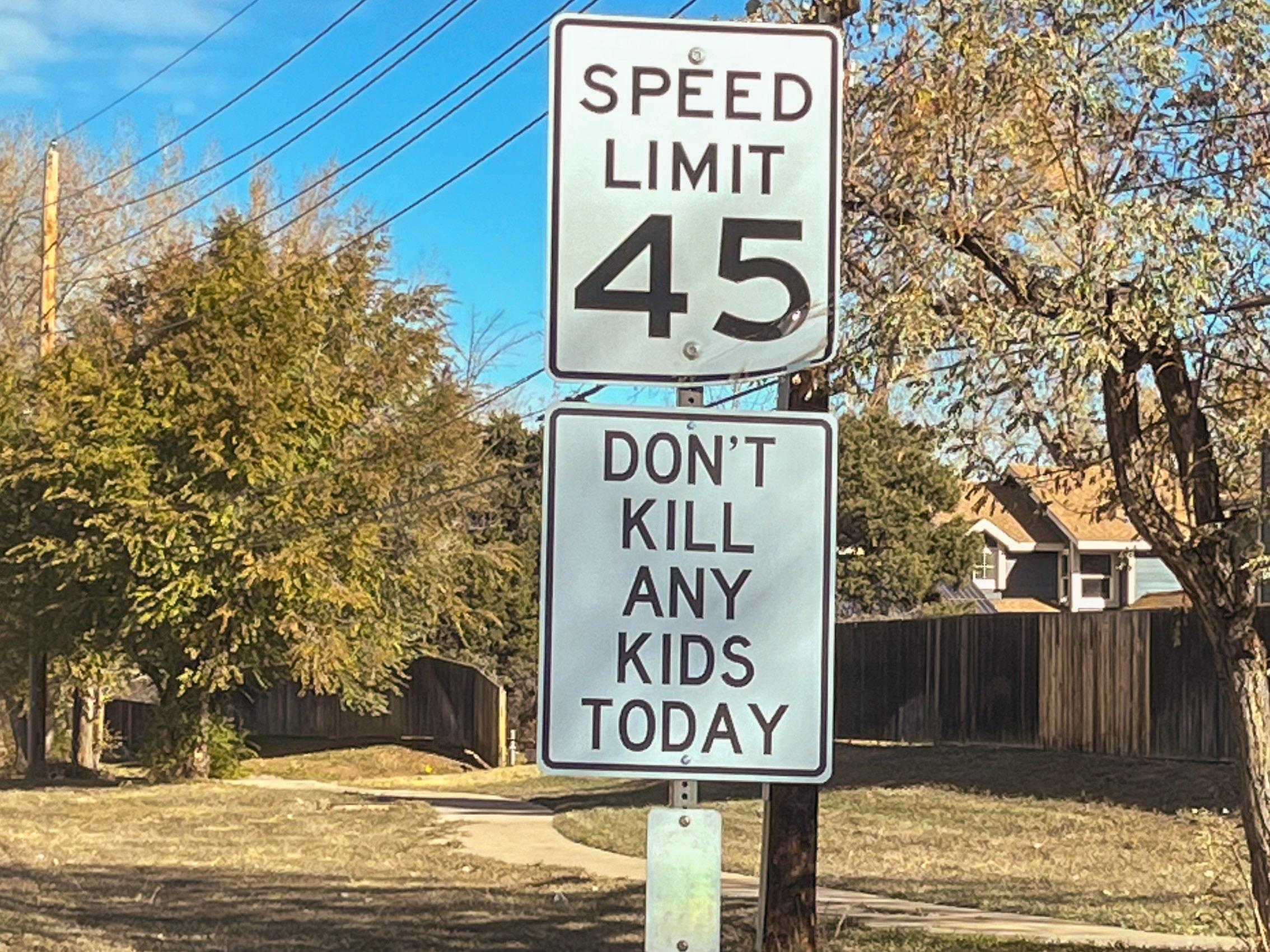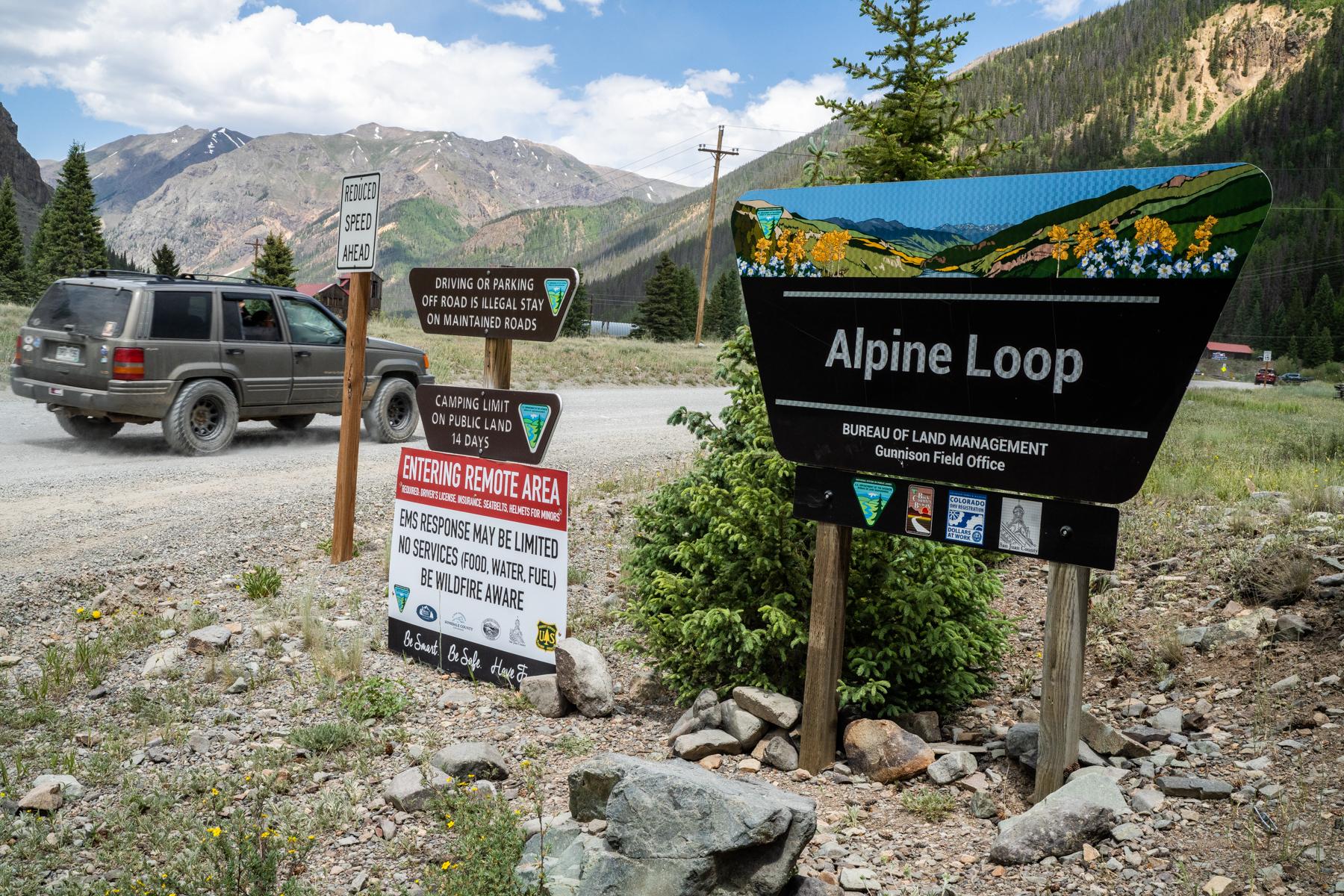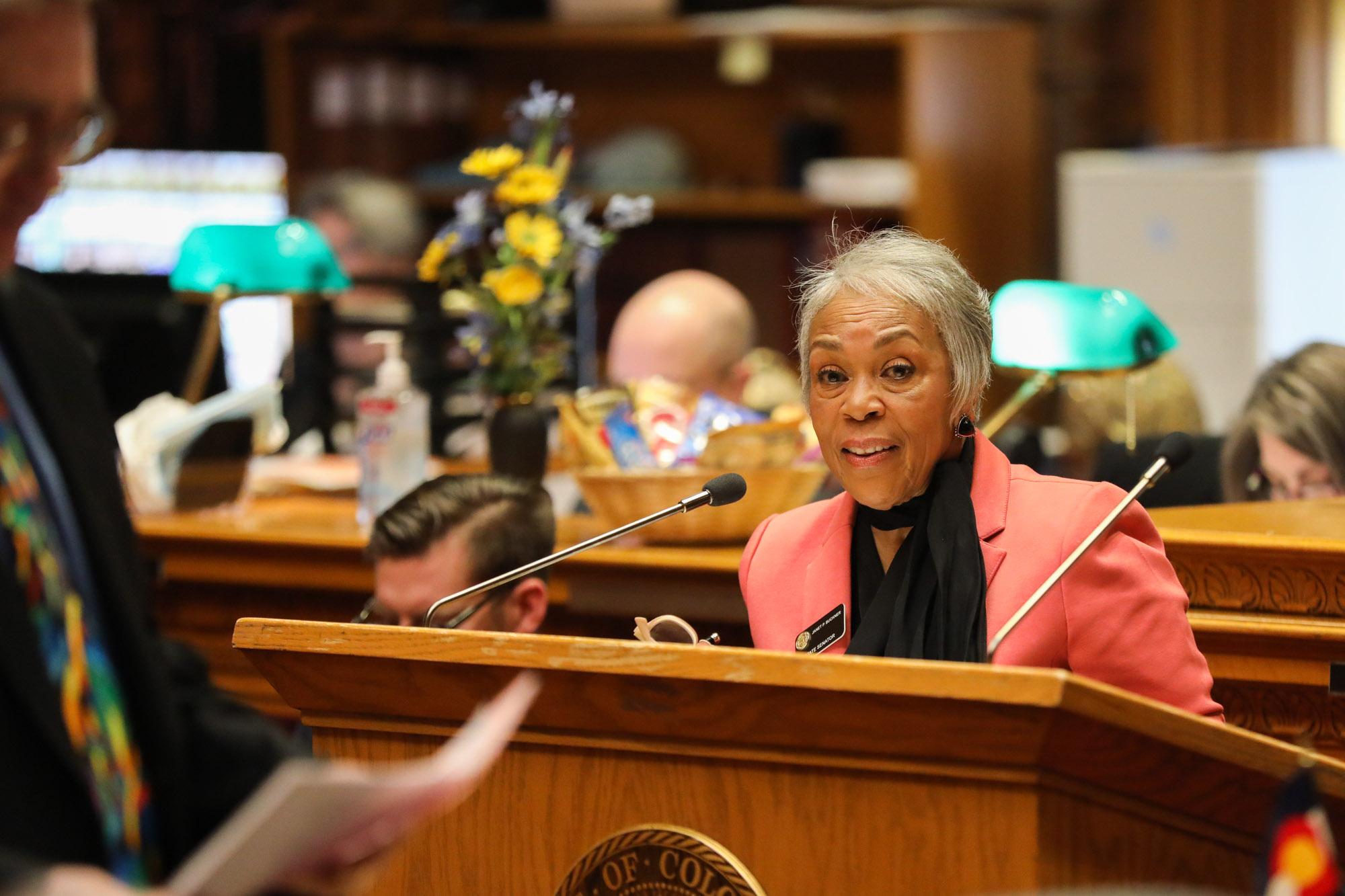
Utah has picked a fight with the outdoors and fellow western state neighbor Colorado may be the beneficiary. More specifically, Utah is feuding with the outdoor gear industry over the best way to manage public lands. Take for example a bill that seeks to rescind Bears Ears’ recent national monument status, which was granted by the Obama administration.
Utah Gov. Gary Herbert signed the non-binding resolution earlier this month.
“My job is to reflect the desires and the will of the people of Utah,” said Herbert at a recent news conference. “That’s how we develop policy. And we’ll continue to do that and reflecting what the people of Utah want to have done.”
But many outdoor companies that travel to Utah for a twice annual trade show, the Outdoor Retailer convention, say the move went too far.
“The state of Utah has had this promotion to take public lands private,” said Denver-based Kokopelli Packraft co-founder Kelley Smith, who decided to boycott the show.
Kokopelli joined a chorus of voices against the Utah anti-public lands policy that included Patagonia, Arc’teryx, Peak Designs and Polartec. The trade show’s organizer, the Boulder-based Outdoor Industry Association, has announced it would relocate the show outside of Utah.

OIA executive director Amy Roberts told Colorado Matters it was time to take the trade show business elsewhere.
In the coming months, Colorado will begin crafting its bid to woo the trade show, which generates an estimated $45 million in direct economic impact every year in Utah, and 40,000 visitors.
Colorado Vies For Coveted Business
The outdoor industry is well established in Colorado, where it supports 125,000 workers who earn $4.2 billion, according to the Outdoor Industry Association. Colorado, like Utah, is one of a few states that has a specific office dedicated to the outdoor recreation industry.
Colorado has won other outdoor trade show business in recent years, including the SIA Snow Show in 2010, which brings about 18,000 people to the state and generates $35 million in economic impact. SIA has announced plans to keep the show in Denver through 2030.
For Outdoor Retailer, Colorado will have to compete with other states that are pulling out all the stops, including neighboring New Mexico.
Visit Denver will be in charge of crafting the proposal to entice the convention. For President and CEO Richard Scharf, Outdoor Retailer is highly coveted because of the millions in tourism dollars. And there are other benefits.
“If you have a convention like this there may be a lot of companies that want to move here, and start doing business, making their products here,” he said.
Colorado Can Manage Tricky Political Business
Colorado could benefit from a politically unfavorable stance in Utah, but not too long ago it was the Centennial State in the limelight, Scharf said. In the ’90s, conventions and visitors boycotted Colorado because of a voter-approved constitutional amendment — then known as Amendment 2 — that many charged would have allowed for discrimination against gays and lesbians.
“We were involved in it firsthand. And it wasn’t until the [U.S.] Supreme Court overthrew that initiative that we got back to normal,” he said. “But by then we had lost hundreds of millions of dollars of business.”
Scharf said today’s volatile political climate means marketing organizations like Visit Denver are more politically attuned than they’ve ever been. The fact that Visit Denver now gives feedback on potential impacts of bills to Colorado legislators could help it avoid problems in the future.
This isn’t the first time that Utah state leadership fought with the outdoor industry over public lands. In 2012, there was a dust up over a bill signed by Gov. Herbert that requested 30 million acres of federal land be returned to the state.
For Patagonia CEO Rose Marcario, the latest policy to rescind Bears Ears’ national monument status was the last straw.
“The effect that that could have on national monuments around the country is incredibly is concerning. And it really as an industry is our line in the sand,” she said.
In response, Patagonia launched a phone campaign to flood Herbert’s office with calls in favor of keeping Bears Ears a national monument.
Utah’s public fight is a critical moment in the eyes of University of Utah Political Science Professor Dan McCool. On the one hand, he said, Utah’s tourism office has an ad campaign to bring visitors including from Colorado to the state’s five national parks. But on “the other hand, they’re combating national monuments, which also draw a huge number of people. So it’s not a rational thing anymore,” he said.
Visit Denver CEO Richard Scharf said it will be up to Colorado Gov. John Hickenlooper to sell the state’s friendly policies toward public lands. In the end, it could be previous actions from Colorado state leadership speak louder than words.
“That’s why the governor has come out with a lot of proposals over the years about being a biking state, to be very respectful of public lands, and [why] we have an outdoor czar,” Scharf said.









